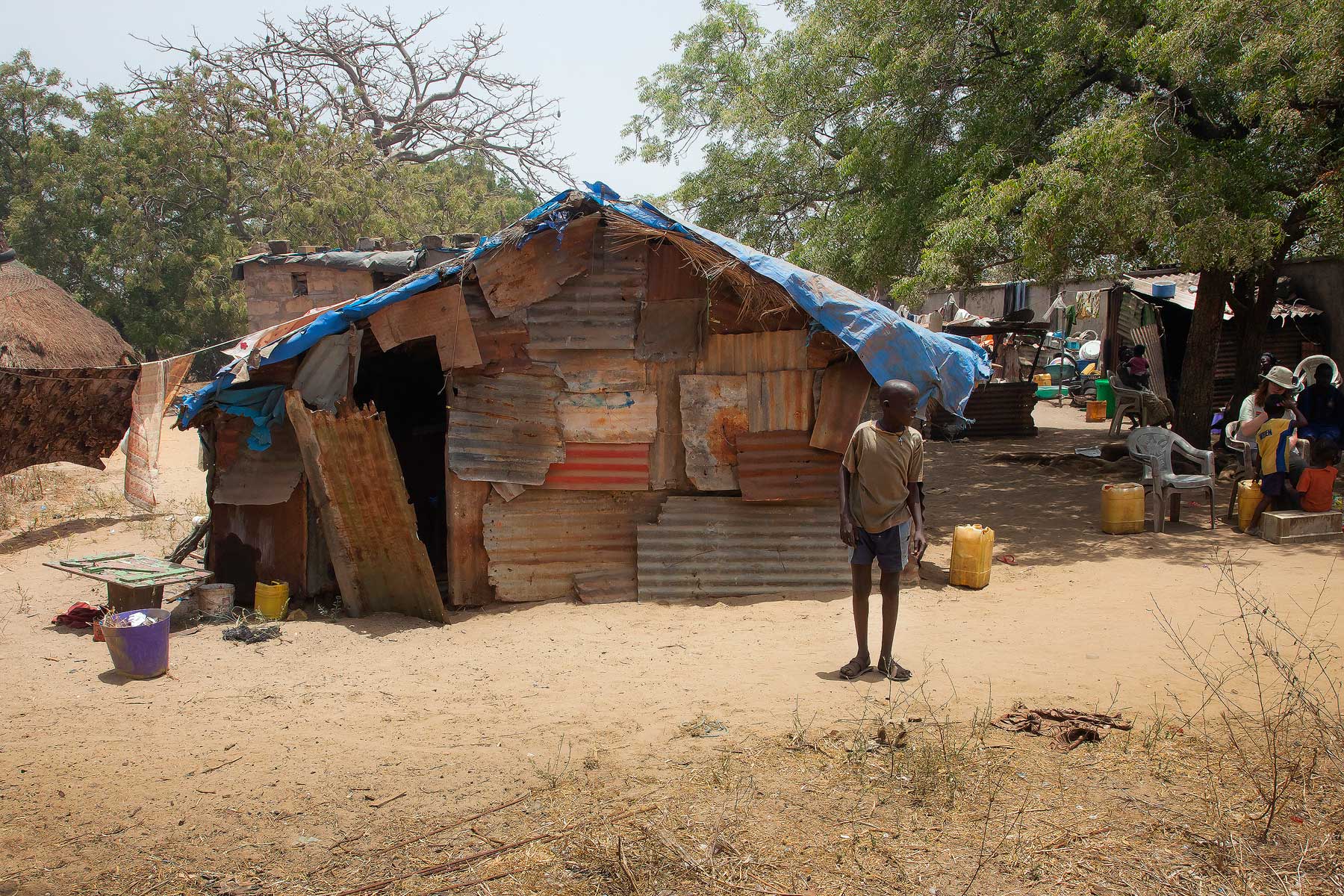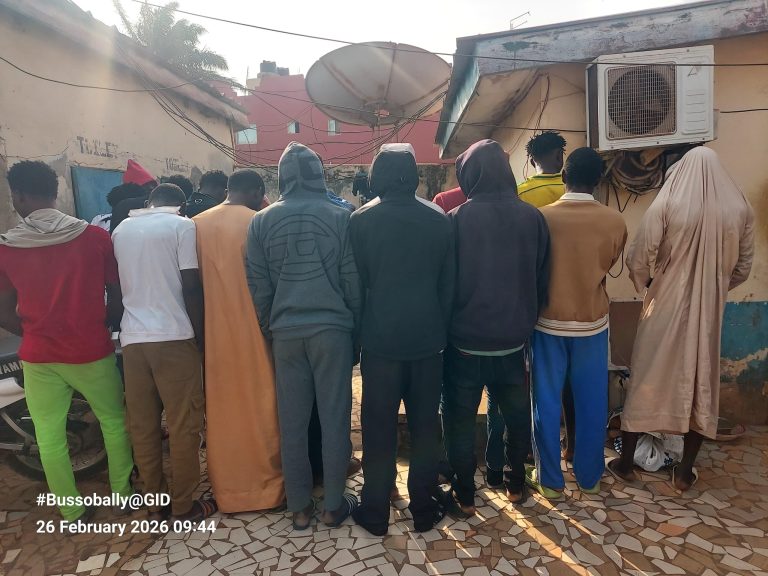
According to research conducted by the World Health Organization (WHO), poverty is a key factor for mental disorders.
” At any one time, a diverse set of individual, family, community, and structural factors may combine to protect or undermine mental health. Although most people are resilient, people who are exposed to adverse circumstances – including poverty, violence, disability, and inequality – are at higher risk. Protective and risk factors include individual psychological and biological factors, such as emotional skills as well as genetics. Many of the risk and protective factors are influenced through changes in brain structure and/or function.” WHO research revealed.
Other details shows that health systems have not yet adequately responded to the needs of people with mental disorders and are significantly under-resourced. The gap between the need for treatment and its provision is wide all over the world and is often poor in quality when delivered. For example, only 29% of people with psychosis (5) and only one-third of people with depression receive formal mental health care (6).
“People with mental disorders also require social support, including support in developing and maintaining personal, family, and social relationships. People with mental disorders may also need support for educational programmes, employment, housing, and participation in other meaningful activities. “
WHO’s Comprehensive Mental Health Action Plan 2013-2030 recognizes the essential role of mental health in achieving health for all people. The plan includes 4 major objectives:
to strengthen effective leadership and governance for mental health; to provide comprehensive, integrated and responsive mental health and social care services in community-based settings;
to implement strategies for promotion and prevention in mental health; and
to strengthen information systems, evidence, and research for mental health.
WHO’s Mental Health Gap Action Programme (mhGAP) uses evidence-based technical guidance, tools and training packages to expand services in countries, especially in resource-poor settings. It focuses on a prioritized set of conditions, directing capacity building towards non-specialized healthcare providers in an integrated approach that promotes mental health at all levels of care. The WHO mhGAP Intervention Guide 2.0 is part of this Programme and provides guidance for doctors, nurses, and other health workers in non-specialist health settings on the assessment and management of mental disorders.




